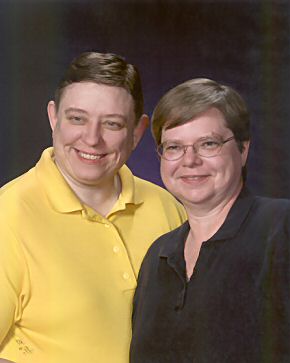I've been reading a lot lately and I want to put out some of my thoughts, and then a final essay on all I wrote about.
The United States needs to drastically cut back its forces. Pull all our troops out of South Korea, for instance. South Korea is a wealthy, highly advanced technological country. They have better broadband access, they have cell phones that make ours look like toys and they have money. We would be willing to sell them arms if they want, and if they can pay. They can certainly afford to defend themselves, even if they can't spend all their time surfing the Web and playing Go anymore.
Troops we have in Europe should be pulled out. I can see the point of keeping the military hospital in Germany open and certain airfields, but that's all. We don't need to have ground troops in those countries. The risk of war there is pretty much nil, and again, they can afford to guard their own countries. There is no longer a need for us to do so.
The war in Afghanistan.. use various forms of intel and focused use of Special Forces units to keep track of Al Qaeda and leave. It's not up to us to make them a democracy, if that is even possible, which I personally don't believe it is.
We are pulling out of Iraq and within a few years, we should be gone completely. Once that is done, cut back on the military, reduce spending, focus on R&D, having a smaller, more effective force. The military should only be used for direct threats to our soil, as it was envisioned to be. We cannot afford to police the world, nor is it our job or our destiny to do so.
Let the National Guard be again, a 2 weeks a year, one weekend a month force, which helps out it's state in times of disaster. That is what it should be used for.
This is the first step. This will help stop the outrageous spending on defense, cut back on big systems we don't need and focus on making our soldiers even more effective and deadly, but with the fervent hope that they will never be needed.
Barbara
